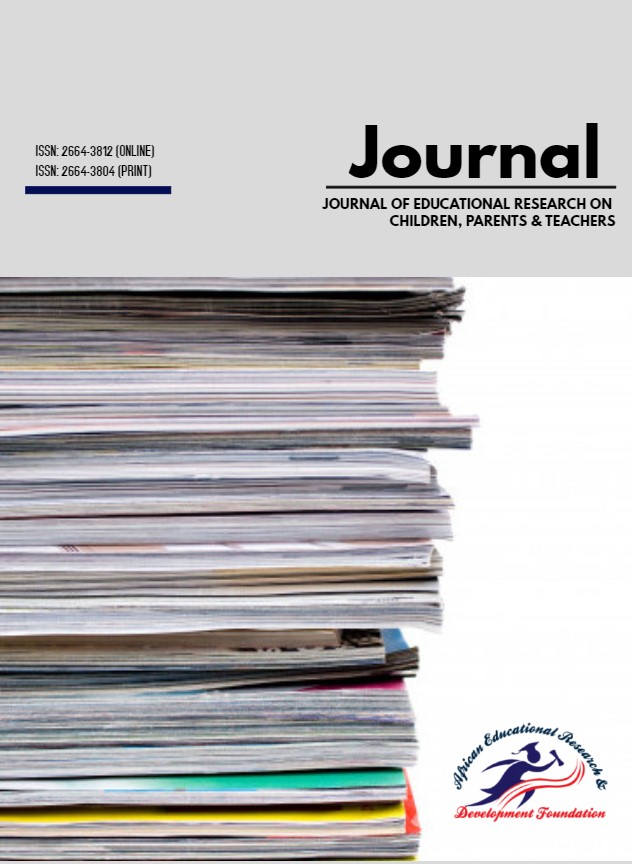
Abstract
[Full Article]
This investigation focuses on the function of Nigerian book publishers in addressing ethical and theological crises. Professionals from Nigerian publishing firms who work in the book industry made up the population. However, a total of 10 publishing firms participated in the survey, and 60 participants were chosen at random. The information from the respondents were gathered using a self-made online questionnaire that was created and circulated. A sample size of 60 respondents were used for the study. Out of 57 filled and returned instruments, 50 were legitimate and utilized in the study. The descriptive research design was used in this investigation. The frequency of the simple percentages and mean scores were used to examine the data. The findings demonstrate that while book publishers do not organize training programs for self-employment, produce audiobooks on conflict resolution, engage in research, bibliotherapy, or outreach, they do translate publications into local languages, partner with governments, and distribute free books on conflict resolution. They provide their services via libraries, e-books, online books, Facebook, Twitter, Academia.edu, Research-gate, kindles, and other digital and physical book platforms. They work together with libraries to extend legal deposit but not to build institutional repositories, create and provide digital publishing services, plan outreach, expand copyright, or ensure electronic distribution. In order to have a greater influence on resolving Nigeria’s ethnic and religious issues, it was advised that book publishers work more effectively with librarians and vice versa.
Keywords: Book publishers, Ethnics, Nigeria, Publishing houses, Religious crisis, Roles
Publication Date:
02/2024
Volume, Issue and Page Number:
Vol.5, Issue 1, Pg. 10 - 22
License:
Subscribe To Us
You can subscribe to articles by our contributors and authors by filling in the form with your email address. Your research interest is our interest.
Designed & hosted by Be IT Specialists

